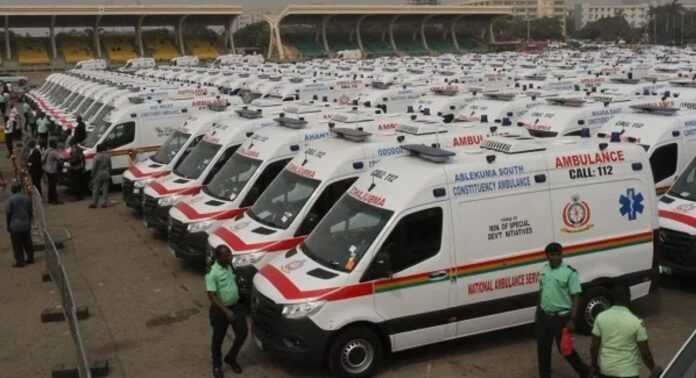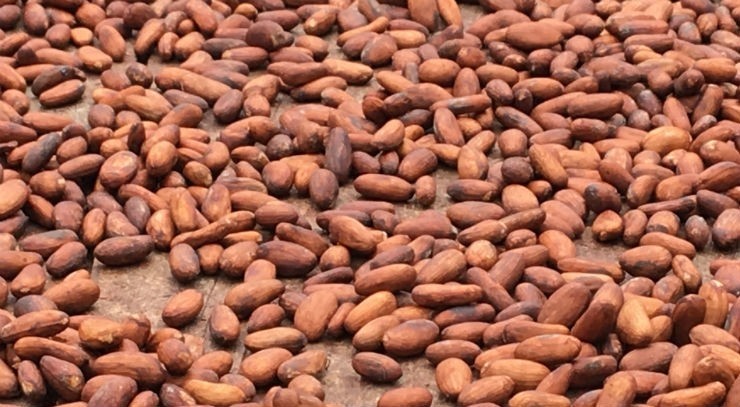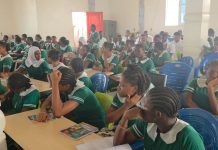
The theoretical papers for the 2025 West African Senior School Certificate Examination (WASSCE) officially commenced today, Wednesday, August 20, 2025, in all regions of the country.
According to the West African Examinations Council (WAEC), a total of 461,640 candidates are participating in this year’s exams. The group comprises 207,381 males and 254,259 females, reflecting a slight increase of 1,029 candidates compared to the 460,611 who sat in 2024. Candidates are being assessed in 65 subjects, with each student expected to take an average of eight papers, spanning the sciences, arts, business, and technical programmes.
This year’s examination is being conducted in 701 centres nationwide, under the supervision of trained invigilators and WAEC officials. The Council has also assured the public of tight security measures, including collaboration with the Ghana Police Service, to curb malpractice such as impersonation, smuggling of foreign materials, and the circulation of leaked questions.
The 2025 cohort marks the fourth batch of candidates to write the Ghana-only WASSCE, a system introduced in 2021 after the COVID-19 pandemic disrupted the sub-region’s unified academic calendar. Under this arrangement, Ghanaian students take their final-year exams separately from their counterparts in Nigeria, Liberia, Sierra Leone, and The Gambia, who continue with the traditional May/June schedule.
Before today’s theory papers, candidates had already undertaken practical and project-based assessments, which began on August 5, 2025. These covered courses such as Visual Arts, Home Economics, and Agriculture. On Tuesday, August 19, students wrote their first essay and objective tests, including Picture Making.
Education stakeholders, including the Ministry of Education, the Ghana Education Service (GES), and parent-teacher associations, have extended best wishes to the candidates. They have also urged them to eschew examination malpractice and focus on demonstrating their true abilities, as their performance remains critical to Ghana’s educational standards and global competitiveness.
























































![[FREE FREE MONEY] Predict and Win a Guaranteed GH¢200 From Us EVERY WEEK](https://wordpress.ghanatalksradio.com/wp-content/uploads/2022/02/Predict-and-Win-Final-09-03-2021-218x150.jpg)
![[Predict & Win – 8th/Oct.] WIN A Guaranteed ¢200 From Us This Week](https://wordpress.ghanatalksradio.com/wp-content/uploads/2021/10/maxresdefault-16-218x150.jpg)
![[Predict & Win – 2nd] WIN A Guaranteed ¢200 From Us This Week](https://wordpress.ghanatalksradio.com/wp-content/uploads/2021/09/maxresdefault-50-218x150.jpg)
![[Predict & Win – 25th] WIN A Guaranteed ¢200 From Us This Week](https://wordpress.ghanatalksradio.com/wp-content/uploads/2021/09/maxresdefault-36-218x150.jpg)
![[Predict & Win – 18th] WIN A Guaranteed ¢200 From Us This Week](https://wordpress.ghanatalksradio.com/wp-content/uploads/2021/09/maxresdefault-23-218x150.jpg)









![[National cathedral] See full list of churches that have contributed since 2018](https://wordpress.ghanatalksradio.com/wp-content/uploads/2020/09/Ghana-National-Cathedral-GhanaTalksRadio-100x70.jpg)



